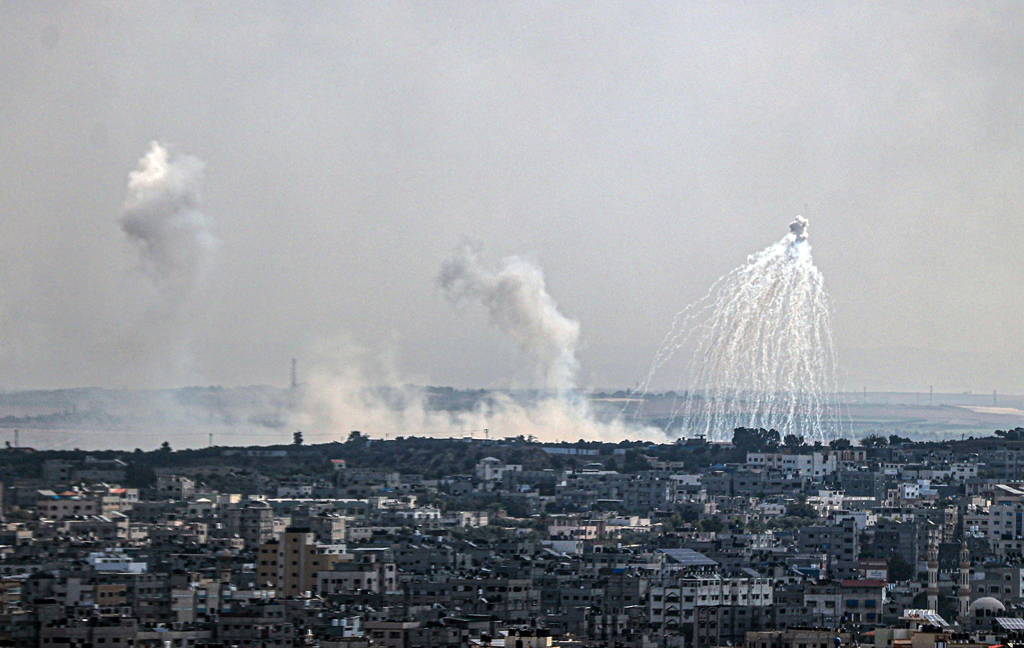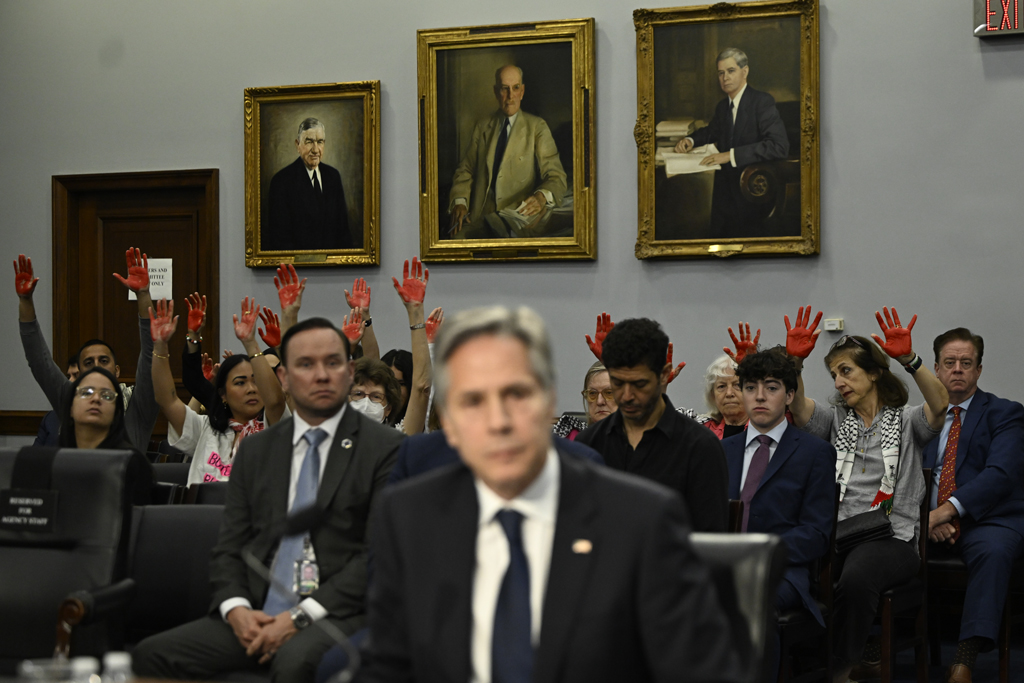
The Palestinian-Israeli Conflict in the Context of International Law
Operation Al-Aqsa Flood was launched on Saturday, October 7 against Israel from the Gaza Strip, which has been under Israeli blockade since 2007. It has once again become necessary to address the many legal issues such as the rights and responsibilities of the Palestinian and Israeli sides in the context of international law, as well as the legality of their actions and methods.
Share
Operation Al-Aqsa Flood was launched on Saturday, October 7 against Israel from the Gaza Strip, which has been under Israeli blockade since 2007. It has once again become necessary to address the many legal issues such as the rights and responsibilities of the Palestinian and Israeli sides in the context of international law, as well as the legality of their actions and methods.
Israel’s military response to the operation prompts a series of legal considerations. At this stage, however, the most important one is to determine within what limits and up to what extent Israel, which has invoked its right of self-defense, can legally exercise this right.
Tags »
Related Articles






